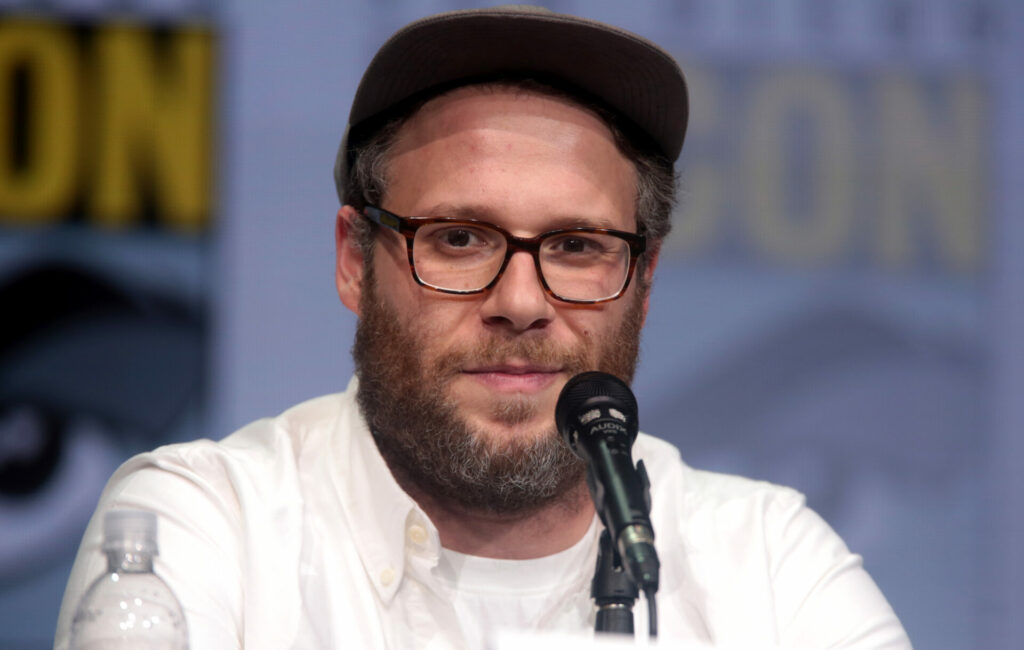Seth Rogen says there’s still a ‘great distance to go’ between studios and striking actors
The actor, writer, and producer also voiced concern about the studios themselves coming to an agreement
By Emily Zemler

Seth Rogen doesn’t see the WGA and SAG-AFTRA strikes coming to an end any time soon. In a new interview with Sky News, Rogen said the issue is that studios like Disney and Universal, who are represented by the Alliance of Motion Picture and Television Producers (AMPTP), and the unions have different priorities.
“The studios haven’t even spoken to each other, is what I’ve heard,” Rogen said. “So not only does it seem as though the writers and actors have a great distance to go when it comes to the studios, I think the studios have a great distance to go, probably a greater one, when it goes to them getting on the same page.”
He continued, “These are people who hate each other. To think that Universal has the same priorities as Netflix is insane. What concerns me is that they will be completely unable to bring forth a coherent and unified proposal because of their own infighting and divergent priorities.”
Rogen has been on the picket lines recently in support of SAG-AFTRA. He recently co-wrote produced Paramount’s new animated film Teenage Mutant Ninja Turtles: Mutant Mayhem, in theaters now. The actor also voices Bebop in the movie.
SAG-AFTRA joined the WGA on strike in July, marking a historic dual strike that has since crippled Hollywood. It is the first time that both unions, the 160,000-strong SAG-AFTRA and some 25,000 WGA members, have gone on strike simultaneously since 1960, when then-actor Ronald Reagan served as SAG president.
Members of both guilds are fighting for the same issues: increased residual payments, higher salaries, and the regulation of artificial intelligence in filmmaking, among other concerns.
The strikes have caused a massive ripple effect in Hollywood. Late-night shows have been dark since the WGA strike began and the 75th Annual Primetime Emmy Awards were recently postponed to an unspecified date.
Earlier this month, Carol Lombardini, president of the AMPTP, reached out to Ellen Stutzman, the WGA’s chief negotiator, for a potential resumption of talks. It was the first communication between the two sides since May 1 when the WGA voted to go on strike. Following the meeting, the WGA confirmed the studios said they would increase their offers on a “few writer-specific TV minimums and talk about AI,” but did not indicate a willingness to engage in screenwriters’ issues and other proposals.
“In addition to a comprehensive response from the AMPTP on our proposals in all work areas, we will need to address issues arising from the strike, including a health care benefit extension and additional plan funding, reinstatement of striking writers, and arbitration of disputes arising during the strike,” the WGA said in a statement.
